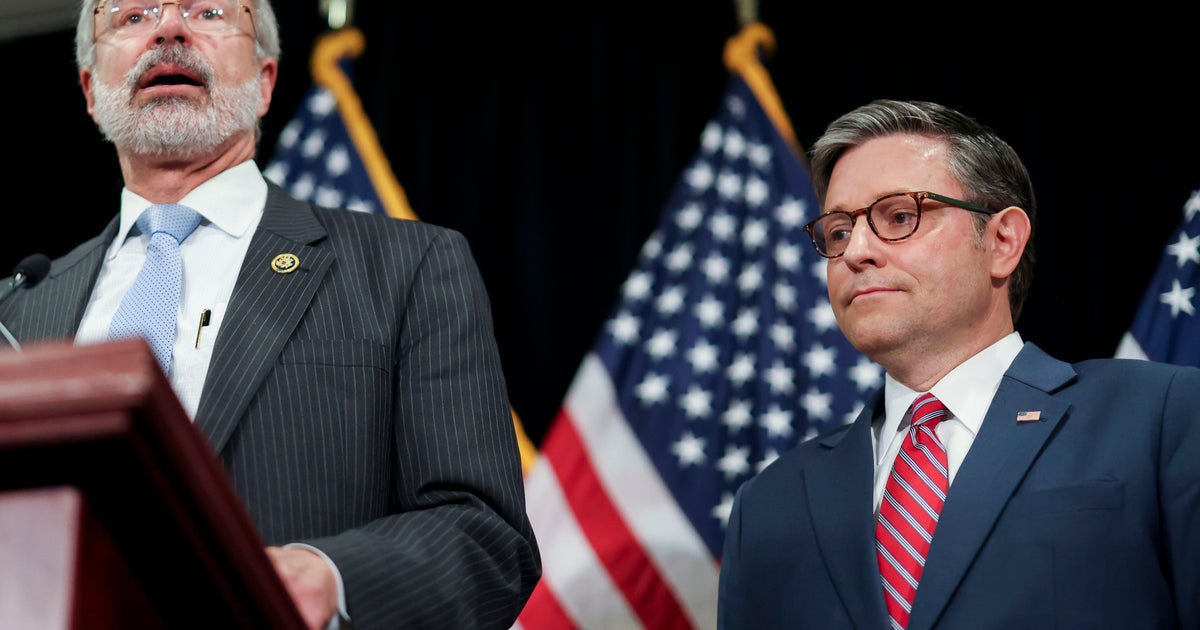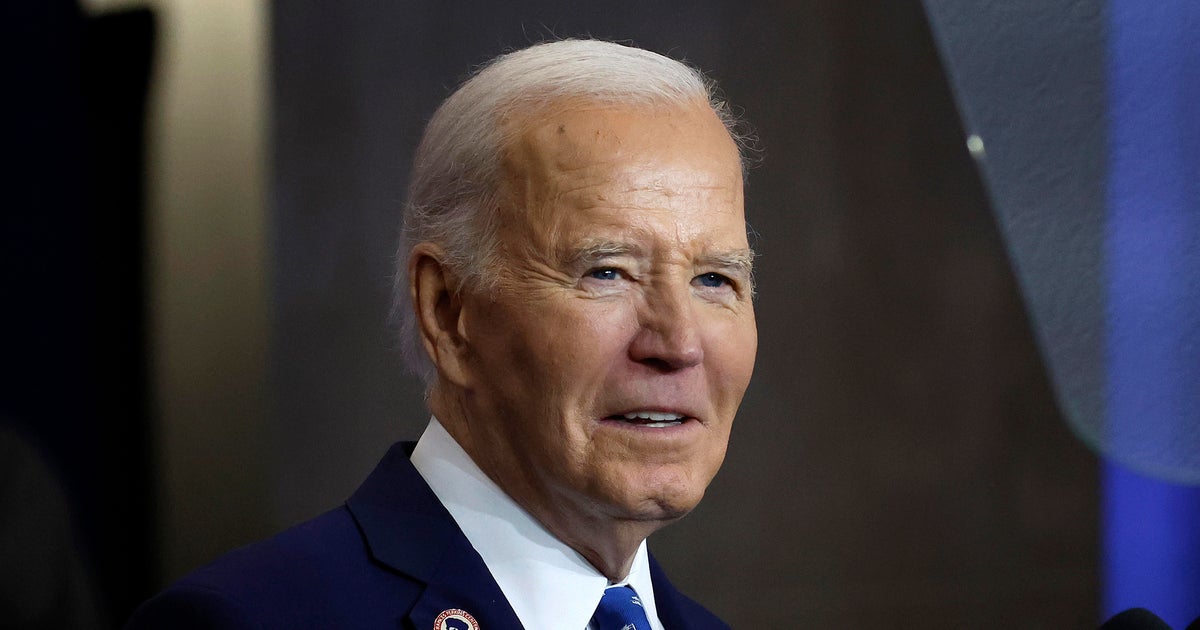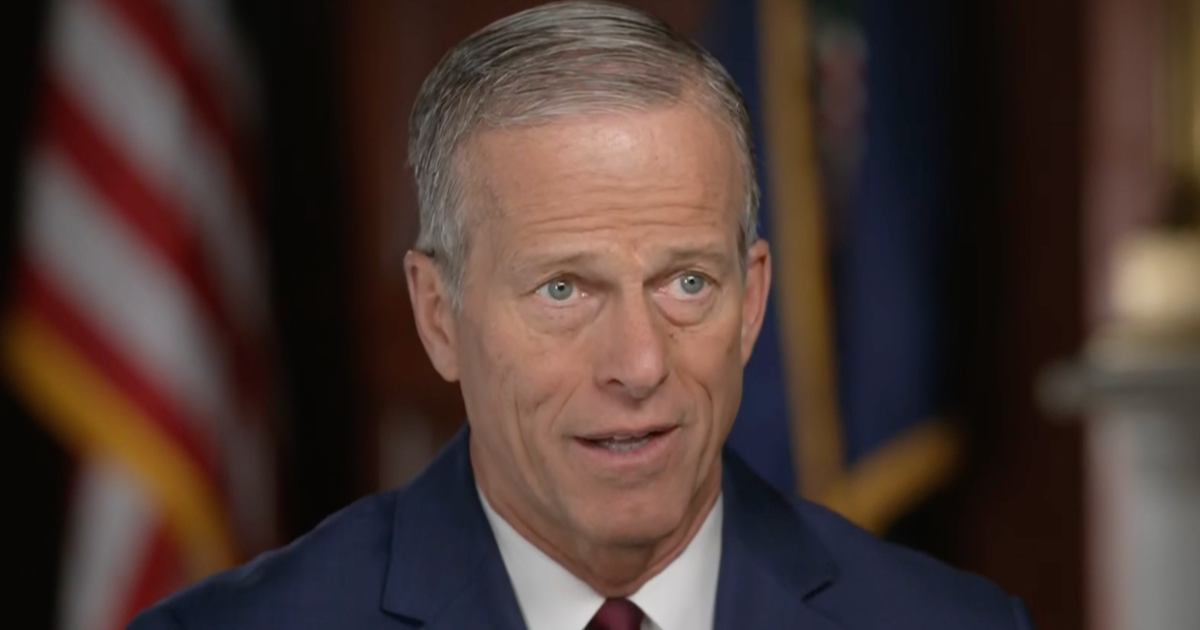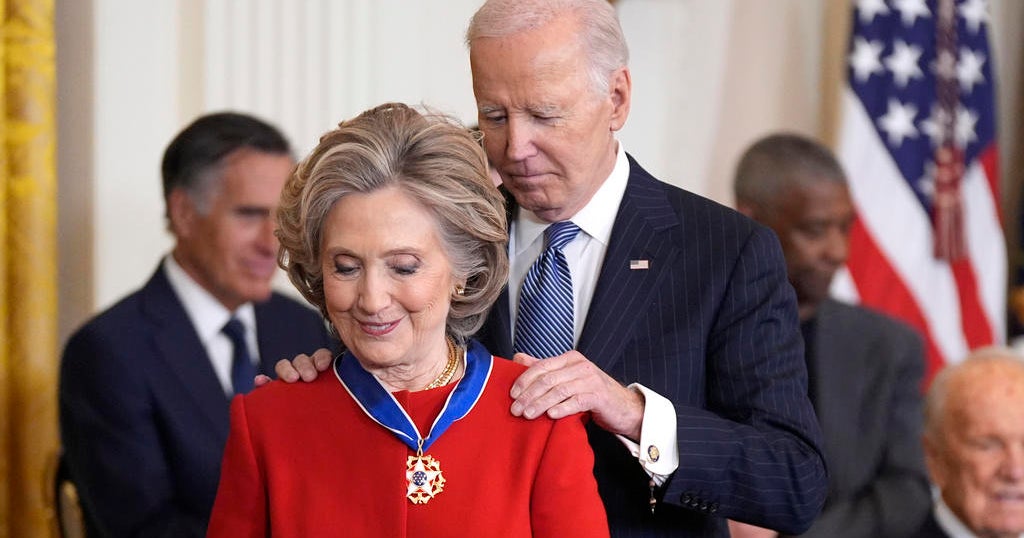Andrew Yang says he's been approached by other campaigns for Iowa caucus alliance
Des Moines, Iowa — Andrew Yang says his presidential campaign has been approached by rival camps about the possibility of forming an alliance that would encourage his supporters to caucus for a different candidate if he fails to garner sufficient support during Monday's caucuses.
"I think some campaigns have reached out to our team," Yang said Wednesday, adding he doesn't know who specifically has reached out and that for now, he's not interested in any arrangements with a rival.
"My team will sort out what the heck is being conveyed," Yang said.
Speaking at a reporter breakfast hosted by Bloomberg News, Yang said he has no current plans to give guidance to his supporters about what they should do if he fails to earn the 15% needed at individual caucus sites across the state.
Yang said he isn't inclined to instruct supporters how to vote after the first round of voting, because, "I frankly think I'd have a hard time getting them to do anything that they're not naturally inclined to do. I think most people are going to show up on Caucus Night with a few top choices in mind and i imagine if I'm not viable at their caucus that they know exactly who they're going to go to."
The byzantine nature of Iowa Democratic caucus rules require a candidate to receive at least 15% of the vote among all participants in each caucus site. As voters arrive at school gymnasiums, public libraries or church basements across the state, they will gather in different corners of the room in support of various candidates.
After the various groups are counted, organizers will determine who has achieved "viability" of 15%. In the second round of voting, supporters of candidates who fail to hit the mark have three options: They can join a different group in the room and caucus for their second choice; or caucus as "unaligned;" or leave the room and no longer participate.
That's why polling of likely Iowa caucus-goers always accounts for each fraction of candidate support and measures a voter's potential "second choice."
Yang's comments about the prospects of an alliance with a rival come as The New York Times reported Tuesday that aides to former Vice President Joe Biden and Senator Amy Klobuchar discussed a possible alliance where Klobuchar would urge supporters to back Biden if she fails to garner sufficient support.
The Klobuchar and Biden campaigns declined to comment on the reports. One person familiar with the exchange, granted anonymity to speak frankly about the matter, described the discussions as merely fodder during an otherwise casual dinner meeting between longtime friends working for rival camps.
Yang is polling in the single digits in recent surveys, including a Monmouth University poll released Wednesday that gave him 3% support.
But Yang disputed the numbers: "I think our polling has frankly always underreported the support for this campaign. In large part because the people who are polled tend to be registered Democrats," he said.
"We're drawing many people who haven't voted before, haven't voted Democratic before, have been traditionally disengaged," Yang added.
Speaking at a breakfast hosted by a news organization founded by one of his opponents, Yang called on former New York Mayor Michael Bloomberg to reconsider his strategy of not accepting campaign donations, a move that makes him ineligible to appear at debates sanctioned by the Democratic National Committee.
"If Mike wanted to satisfy the donor threshold he could, very easily, maybe just by selling swag at cost, or internet ads," Yang said.
"I think Mike is really missing a massive opportunity to invest in him. And saying that he doesn't need us to invest in him... it's actually unfortunately a message saying, 'I don't need anyone.' That's not necessarily what we need right now in the presidency. We need a different kind of relationship where the president needs the people and the people need the president to improve their way of life."
Asked what advice he'd give to other first-time candidates running for political office up and down the ballot across the country, Yang said he'd urge them to avoid hiring paid help to craft a campaign message.
"I am new to this, so it was actually news to me that there's this entire array of consultants that come in to campaigns and then have various messaging that's directed towards certain demographics" he told the breakfast. "I think that many Americans sense when they're getting spoken to politically and when they're not getting spoken to politically."
"If there's someone else who has a human message that they should bring to voters, I think that they should do that independent of D.C. consultants because you'll have a different conversation than you would with voters," he added.




